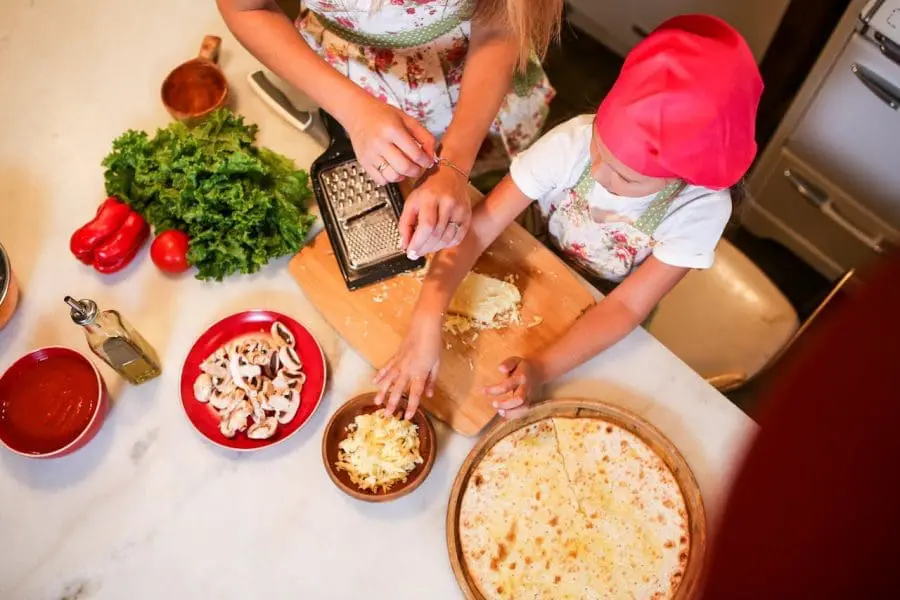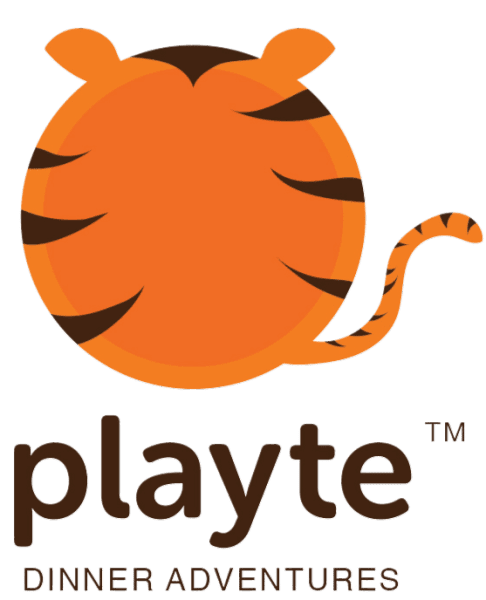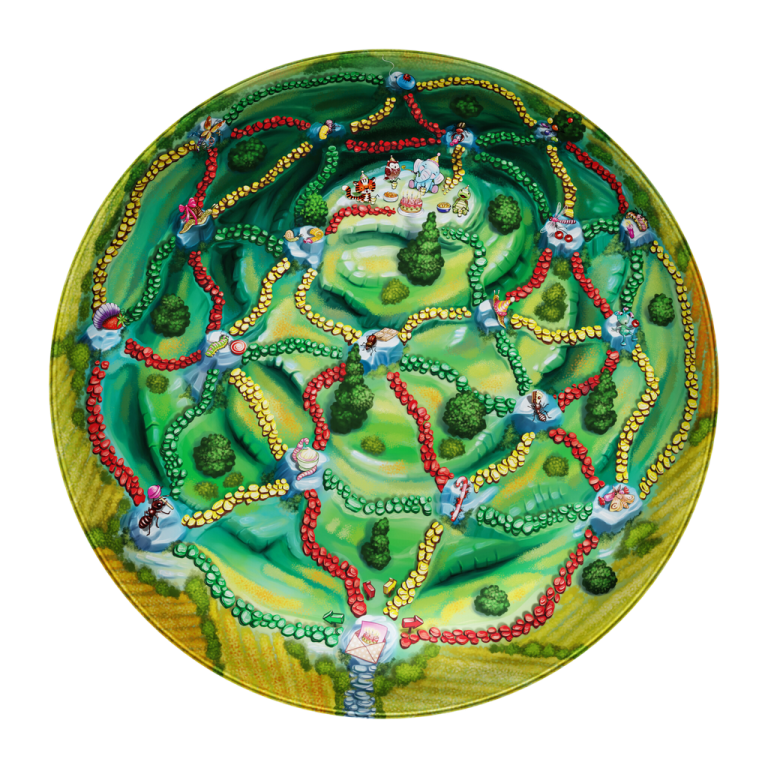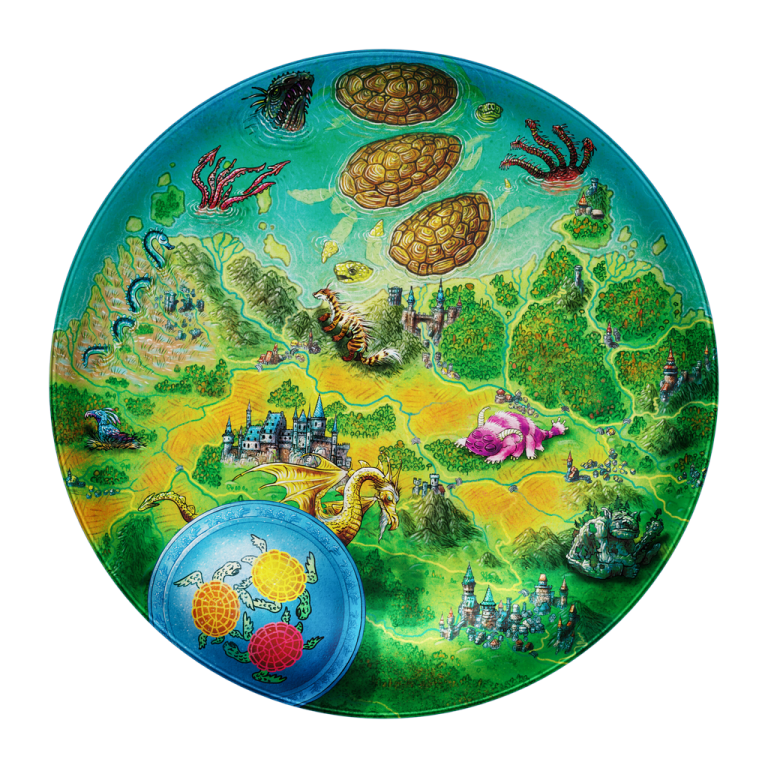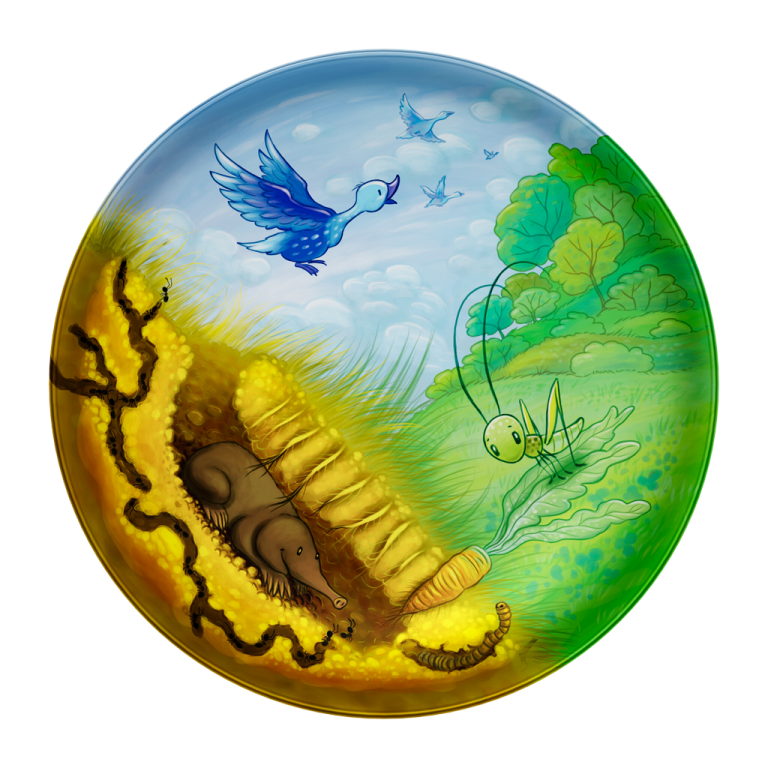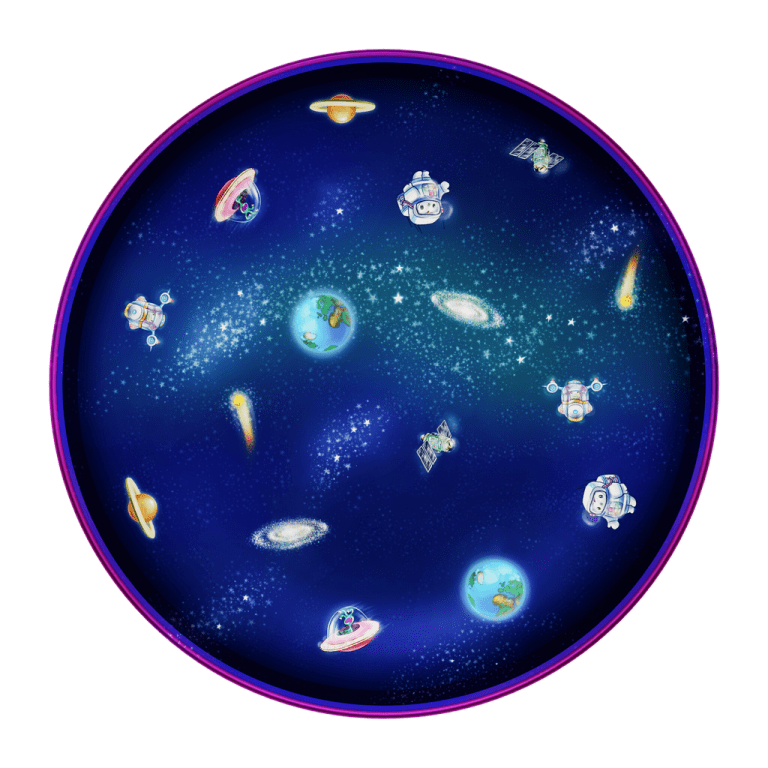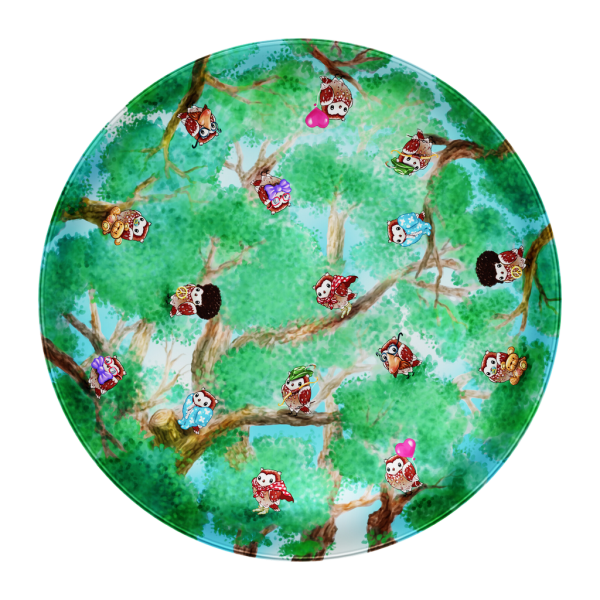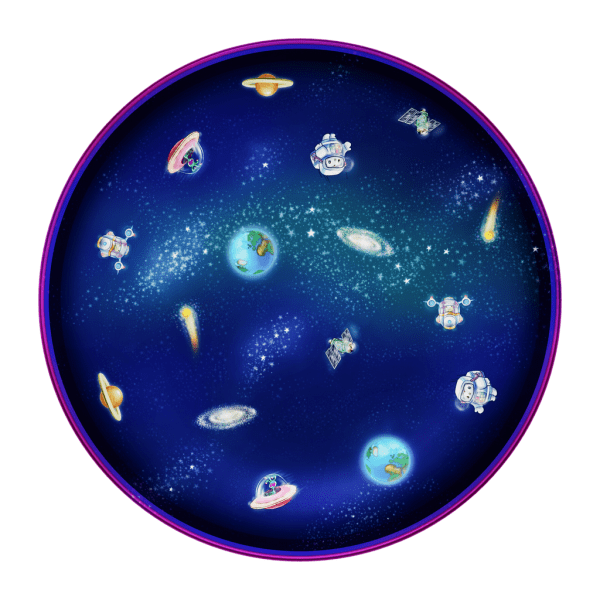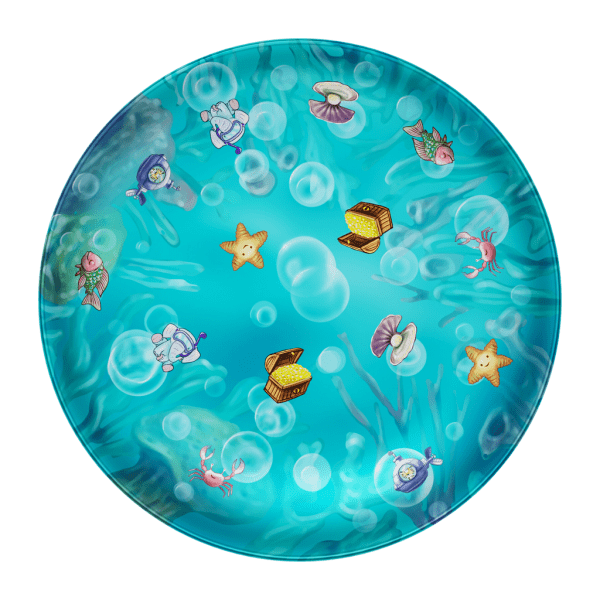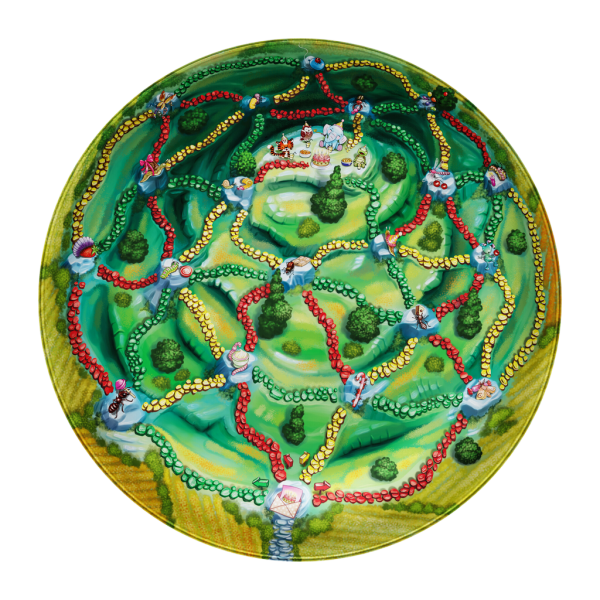table of contents
Who is Playte especially designed for?
Playte started as an attempt to help children with difficulties. Whether it’s ‘special needs’ or simply a challenge, our goal at Playte is to try to help and promote children for whom eating doesn’t come naturally.
Our children may suffer from attention difficulties (and thus get bored during meals and look for additional activities), sensory difficulties (and thus struggle with different textures), emotional or cognitive rigidity (leading to difficulty trying unfamiliar food, or deviating from their ‘usual’), emotional difficulties (causing anxiety during meals, sometimes due to early choking trauma, or reflux in early childhood), and more.
Not all plates are equally suitable for every difficulty. There are plates with more graphic content, which are very suitable for children with attention difficulties because they stimulate the eye and arouse interest, but may be challenging for children with sensory regulation difficulties. There are plates with very simple rules that will suit children who need clear and sharp instructions, but may be challenging for children with attention difficulties who need to ‘play around’ with the rules a bit.
On this page, we want to help with two pieces of advice:
The first piece of advice is to remind you that from the moment you bought the plate, it’s yours. Change the rules, adapt it to your child. Share with us – we’d love to know what worked and what didn’t. Don’t feel the need to stick too closely to the instructions we created.
The second piece of advice is to recommend certain plates for certain children. These are things we’ve learned through developing the plates and from experiences of professionals and customers. Although these recommendations aren’t always accurate and may not suit your child, we believe they can guide you to the most appropriate purchase for your child.
Table of contents
On the Spectrum
Children on the spectrum often struggle with food variety, both due to the need for routine and difficulties with sensory regulation. These children often need help with mealtime challenges, and we hope that Playte can help your child progress on the journey to healthier, more flexible, and more pleasant eating.
Children on the spectrum usually want very clear rules and sharp guidelines. Therefore, there are some plates that may suit them better – and some that might suit them less.
Underwater Friends
A plate primarily intended for younger ages (1.5-4), can be suitable for a child on the spectrum even at an older ages. The rules are very clear, the illustrations are sharp and well-defined, you can gradually ‘complicate’ them but maintain simplicity and linearity. The plate itself isn’t crowded, and the colors are soft and don’t encourage emotional flooding. For children up to 5-6 years old who are on the spectrum, this is our recommendation. The second plate that is part of the Playte Tiny set, the Picnic in the Garden plate, also demonstrates defined areas, but for some children, the ‘invasion’ of different areas into each other might be a bit confusing and more challenging.
Memory plates (Playte Memory)
Those are also very suitable – the rules are clear, and the design is subtle. However, the owl plate might be too busy for them. We admit that some children on the spectrum have photographic memory, so they might easily remember the different positions on the plate, even when it’s rotated. In this case, it’s good that there are three plates, but still, the ‘life span’ of these plates for them might be shorter than for children without photographic memory.
Playte Adventure
These are relatively graphically busy plates. For children who struggle with visual overload, it might be difficult. Especially – the Up the Mountain plate. However, for older children, around ages 6-7 and up, the Feed the Crocodile plate is a good stage in challenging them, both in terms of rules and in the possibility of helping them expose themselves to new foods.
Attention Disorders
In principle, any game is a celebration for children with attention disorders. Since the first tester of every plate we invented was a child with ADHD (our own), plates that didn’t work well for children with ADHD were disqualified at the initial testing stage – which left out all the boring games.
Children with attention disorders struggle with repetitive and rigid rules, so you can let them lax the rules a bit. On the other hand, if the child also suffers from pickiness, don’t let them bend the rules too much, because then they will easily avoid the challenge and the rules that encourage them to try new foods.
A final point about children with attention disorders is that they need variety and change, and maintenance of high stimulus intensity. Therefore, for these children, we recommend using several different plates. Using one plate for a long period will ‘burn it out’ quickly and bore them. The ability to switch between different games will significantly extend the usage time of the plates.
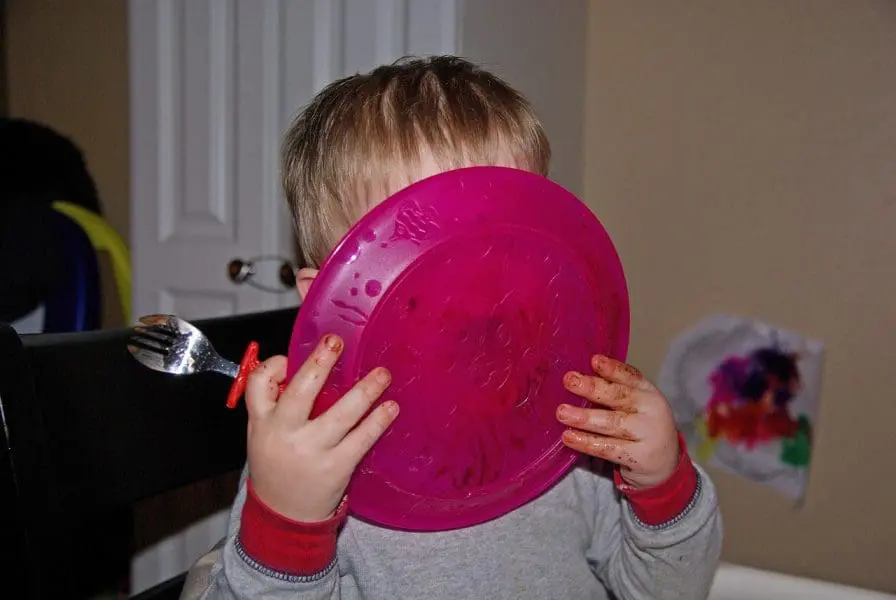
The Picky Eating
Whether due to sensory regulation, difficulty with change, or past trauma, these children need significant motivation to try new food, and to do so in ‘small portions’.
Each of the plates has the possibility to challenge pickiness (and there are explanations for this in the game instructions), but some plates will do this more successfully. Especially when the child has a variety of choice options, but in the end, they ‘gain’ more by choosing the option of new food.
The Across the River plate is very good for this, as well as Feed the Crocodile (especially around choosing the soldier). For younger children, the memory plates can also gently challenge. In the Tiny plates, the rules might lead the child to encounter new food ‘head-on’ – for young children, this can go smoothly, fun, and pleasantly; but for older ones, it might meet resistance. Playte plates were indeed intended to soften resistances and allow an encouraging and positive atmosphere, but we understand that it doesn’t always work. Don’t give up – what doesn’t work today might work tomorrow. But more importantly – please always remember, if you’ve hit a ‘wall’, you can try to persuade and negotiate a bit, but arguments and anger won’t lead you to where you want to go. Try again tomorrow, try again with a different plate.
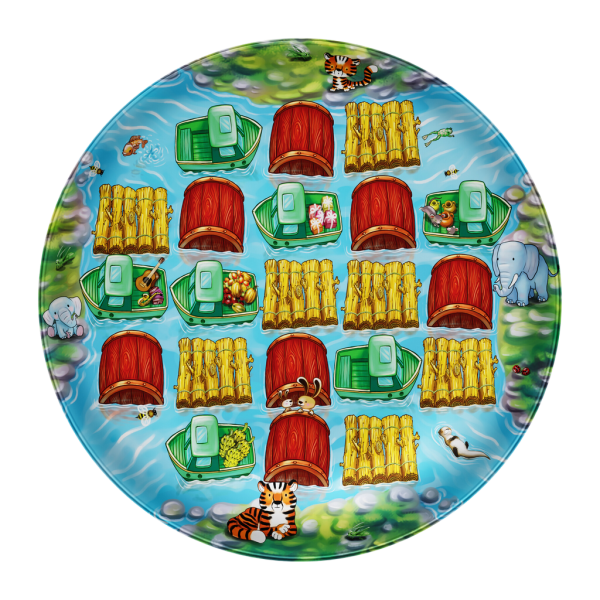
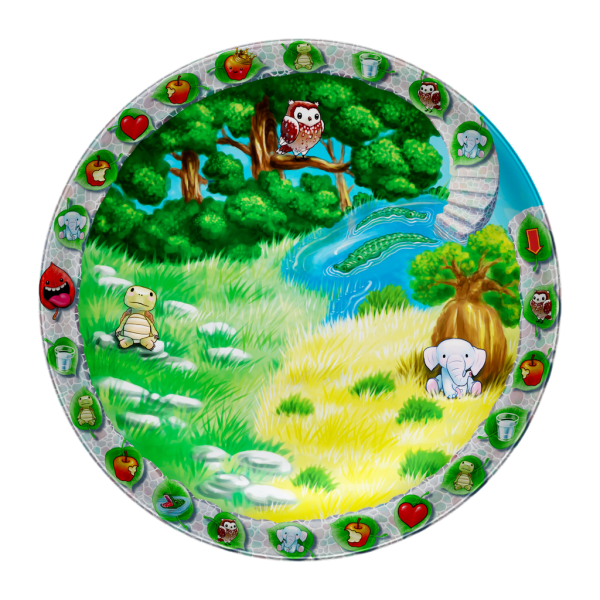
Overeating
All games have a similar advantage for children we want to help moderate their eating.
The games slow down the eating pace a bit, thus allowing the satiety signal to pass from the intestine to the brain before larger – and sometimes unnecessary – amounts of food are eaten. Another advantage is that organizing the plate for the game includes placing a specific amount of food planned in advance (according to the game rules), which allows control, sometimes even unconscious, over the amount of food the child eats – not only for their parents but also for themselves. A third advantage is that the games are short and built in intervals, so there are several time points where the child can comfortably stop and wonder with themselves and their parents whether they really want and need to continue eating.
Different plates provide different advantages according to the child’s age and personality. For example, it’s clear that a 6-year-old won’t be satisfied with one round of the Memory game, so the issue of pre-placing food will be less significant in terms of quantity planning, compared to the Feed the Crocodile plate. On the other hand, it allows for shorter intervals. Try to think about what’s right for your child, their mood, and maybe even the meal you’ve prepared.
